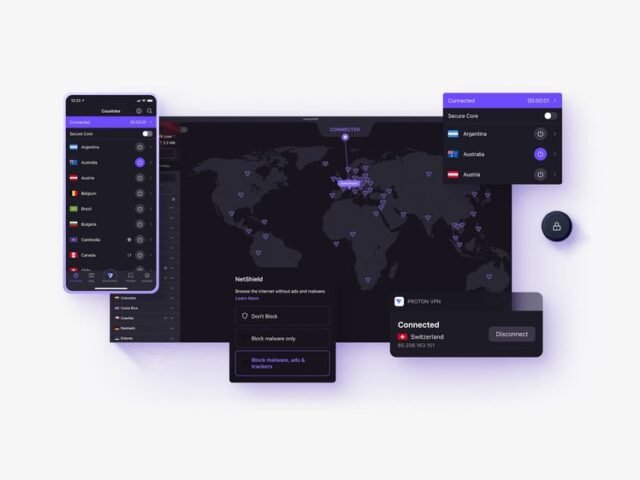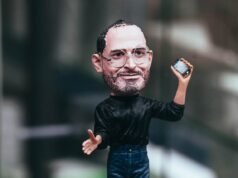However, in the context of age verification laws, VPNs are effective. Notable services like Bluesky and Pornhub have publicly and reluctantly revoked access in places with these laws, so it’s hard to imagine them blocking access from known VPN servers. However, some organizations like the Age Verification Providers Association (AVPA) have pushed for more robust enforcement mechanisms beyond IP geolocation. If services are forced to adhere to more restrictive tracking, VPNs’ effectiveness diminishes.
“A deployed approach would be for a social media platform, for example, to analyze the content or behavior of its users who access it through a VPN to flag anyone who may have been underage in a jurisdiction that requires age verification,” AVPA CEO Iain Corby told me over email. “States need to consider the impact of turning over VPN users, namely that they are effectively giving up any attempt to enforce the rule of law online.”
The EFF says it wants to see a different approach that focuses less on restricting access to VPNs and more on protecting individual privacy. “VPNs shouldn’t be required to access legally protected content in the first place,” says Alayaji. “Their increasing use underscores a larger issue: age verification laws often erode privacy and digital freedom without effectively achieving their intended goals.”
Age Verification and VPNs: Are They Against the Law?
Using a VPN to spoof your location and access the internet is not illegal in most parts of the world, and any changes in this area would raise serious questions about online censorship. Countries like Russia and North Korea have infamously implemented VPN bans. Any similar policy from Western countries like the US and UK would certainly be met with fierce opposition.
Age verification laws target service providers, not users, and are civil liabilities, not crimes. If a company or website operating in a given country fails to comply with the law, that country can sue the service provider—most laws in the US impose a liability of up to $10,000 per day for noncompliance.
Using a VPN is not illegal. However, engaging in illegal activities while connected to a VPN is still illegal. If you are underage and using a VPN to purchase nicotine products or alcohol online, it is still illegal. Age verification with a VPN is not about allowing minors to access services they are not intended for; it is about protecting the privacy of users who do not want to send sensitive information to third-party verification platforms.
VPNs we have tested and recommend
There are some great VPNs out there, but there are a few that I lean towards if you care about your online privacy first and foremost. All of these services have decent pricing, solid speeds, and solid apps, but privacy is key.
Proton VPN is the best VPN for most people. It’s fast, easy to use, and has a ton of server locations. I recommend it here because Proton takes an unconventional approach to breaking free from online privacy. The company is a Swedish corporation, but its main shareholder is the Proton Foundation, a non-profit organization created and run by Proton founder Andy Jens.
This already sets Proton apart from most VPNs, and it’s supported by open source apps. For privacy, I’m leaning towards Proton because of its secure core servers. Proton’s network includes over 15,000 servers, but 112 of them (at the time of writing) are owned and operated entirely by Proton. These are secure servers.















